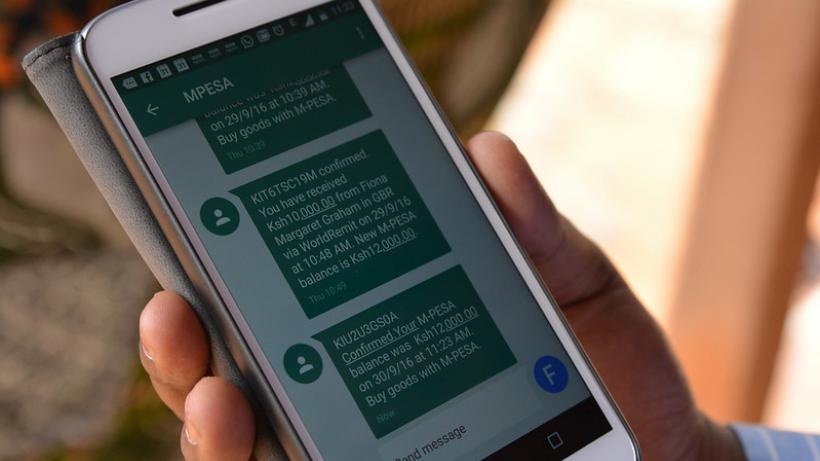Interoperability of mobile money: International experience and recommendations for Mozambique
- We studied the creation of interoperability in financial institutions and especially mobile money and its potential to improve financial inclusion in Mozambique.
- We compared experiences with the use of mobile money between providers across a range of countries. We also conducted interviews with members of banks and mobile money operators to better understand the sector in Mozambique.
- For mobile money to contribute to financial inclusion in Mozambique, financial education and the development of mobile money usage cases will be necessary.
- The Central Bank should actively support interoperability agreements among mobile money operators themselves and with commercial banks. However, it should not make interoperability mandatory at this stage.
This project studied the interoperability of financial institutions in Mozambique, with a focus on mobile money and the regulation of electronic payments, and its potential to increase financial inclusion. Financial inclusion is a core aim for the Central Bank and is crucial to ensure inclusive growth in Mozambique.
The mobile money market is not yet mature in Mozambique. In order for it to grow, it must become more attractive. The size of the network that mobile money customers can transfer money to and from is a determining factor in attractiveness. The size of the network increases substantially if different mobile money operators are connected to each other and to the banking system. This is called interoperability. We found mobile money operators and banks are already entering into interoperability agreements.
The Bank of Mozambique should identify factors that lead to low mobile money up-take and address these before intervening in the market. We identified lack of trust in the financial system as a limit to expansion of mobile money use. To tackle this, the Bank should help to define clear rules. This will also provide regulatory certainty and a firm basis for operators’ business plans.
The Bank should support the speedy completion of SIMO, the interbank society, to enable it to act as a national switch for transactions. Mobile money operators and banks expressed a preference for this over bilateral interoperability in the long term.
The Bank should also play an active role in encouraging agreements between mobile money operators, especially while the market is immature. Mandating interoperability at this stage is risky, because it may undermine competition for growth and investments. A mix of encouragement of more symmetric investment and the possibility of further action if interoperability does not appear in a more mature market might provide the right incentives to all market participants.





